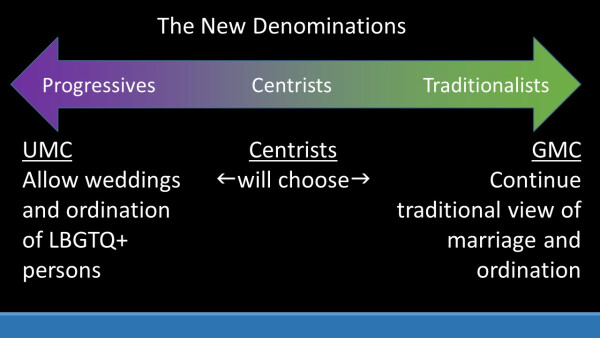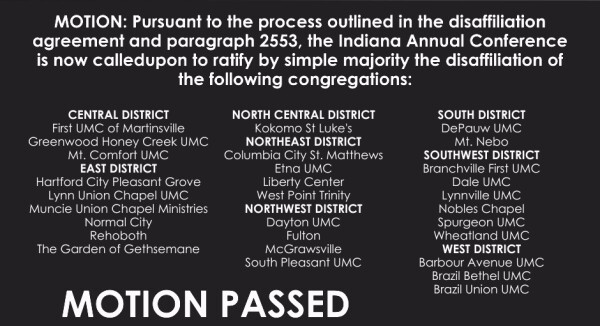At this year’s annual conference 5 resolutions were presented, of the five, two were ruled out of order, one was withdrawn, and two were voted on. Of the two voted on, one was narrowly voted down, the other passed:
Resolution 1 “BUILDING BeLOVED COMMUNITY NOW”
• This resolution holds every Indiana United Methodist church, pastor, and ministry accountable to upholding the “Building Beloved Community Now” statement of the North Central Jurisdiction, which among other things, promotes LGBTQIA+ clergy being ordained and appointed to United Methodist Churches, and removes restrictions so that United Methodist pastors can officiate and churches can host weddings and unions for LBGTQIA+ persons.
read resolution and statement • This resolution was
defeated: 402 votes FOR, 410 votes AGAINST
Resolution 5 “A COMMITMENT TO GRACE IN THE INDIANA CONFERENCE”
• This resolution allows that LBGTQIA+ persons can be ordained and appointed as pastors of Indiana United Methodist Churches, and that Indiana United Methodist pastors can officiate and churches can host weddings and unions for LBGTQIA+ persons.
• NOTE: this is against church law, until the Book of Discipline is changed at a future General Conference. While the language of this resolution doesn’t read as aspirational, it was deemed aspirational based upon the current language on human sexuality within the Book of Discipline.
read resolution• This resolution
passed: 380 votes FOR, 332 votes AGAINST.
Note: On July 21, 2022, the Governing Board of St. Luke’s UMC in Indianapolis unanimously passed the following motion: “We will support St. Luke’s pastors who choose to perform same sex marriages and the utilization of St. Luke’s facilities for such marriages.”
read decision
Passages from the current Book of Discipline on the issue of human sexuality:
The United Methodist Church states: “sexual relations are affirmed only with the covenant of monogamous, heterosexual marriage.”
¶161.F “We affirm that sexuality is God’s good gift to all persons. We call everyone to responsible stewardship of this sacred gift. Although all persons are sexual beings whether or not they are married, sexual relations are affirmed only with the covenant of monogamous, heterosexual marriage.”
“We deplore all forms of the commercialization, abuse, and exploitation of sex. We call for strict global enforcement of laws prohibiting the sexual exploitation of children and for adequate protection, guidance, and counseling for abused children. All persons, regardless of age, gender, marital status, or sexual orientation, are entitled to have their human and civil rights ensured and to be protected against violence. The Church should support the family in providing age-appropriate education regarding sexuality to children, youth, and adults.”
“We affirm that all persons are individuals of sacred worth, created in the image of God. All persons need the ministry of the Church in their struggles for human fulfillment, as well as the spiritual and emotional care of a fellowship that enables reconciling relationships with God, with others, and with self.
The United Methodist Church does not condone the practice of homosexuality and considers this practice incompatible with Christian teaching. We affirm that God’s grace is available to all. We will seek to live together in Christian community, welcoming, forgiving, and loving one another, as Christ has loved and accepted us. We implore families and churches not to reject or condemn lesbian and gay members and friends. We commit ourselves to be in ministry for and with all persons.”
The United Methodist Church is: “committed to supporting those rights and liberties for all persons, regardless of sexual orientation.”
¶162.J “Certain basic human rights and civil liberties are due all persons. We are committed to supporting those rights and liberties for all persons, regardless of sexual orientation. We see a clear issue of simple justice in protecting the rightful claims where people have shared material resources, pensions, guardian relationships, mutual powers of attorney, and other such lawful claims typically attendant to contractual relationships that involve shared contributions, responsibilities, and liabilities, and equal protection before the law. Moreover, we support efforts to stop violence and other forms of coercion against all persons, regardless of sexual orientation.
The United Methodist Church believes: “The practice of homosexuality is incompatible with Christian teaching. Therefore self-avowed practicing homosexuals are not to be certified as candidates, ordained as ministers, or appointed to serve in the United Methodist Church.”
¶304.3 “While persons set apart by the Church for ordained ministry are subject to all the frailties of the human condition and the pressures of society, they are required to maintain the highest standards of holy living in the world. The practice of homosexuality is incompatible with Christian teaching. Therefore self-avowed practicing homosexuals1 are not to be certified as candidates, ordained as ministers, or appointed to serve in the United Methodist Church.”
1 "Self-avowed practicing homosexual" is understood to mean that a person openly acknowledges to a bishop, district superintendent, district committee of ordained ministry, board of ordained ministry, or clergy session that the person is a practicing homosexual.
The United Methodist Church states: “Ceremonies that celebrate homosexual unions shall not be conducted by our ministers and shall not be conducted in our churches.”
¶341.6 “Ceremonies that celebrate homosexual unions shall not be conducted by our ministers and shall not be conducted in our churches.”
The United Methodist Church prohibits any United Methodist entity from using funds: “to promote the acceptance of homosexuality or violate the expressed commitment of the UMC ‘not to reject or condemn lesbian or gay members and friends.’”
¶613.20; ¶ 806.9 “…no annual conference board, agency, committee, commission, or council shall give United Methodist funds to any gay caucus or group, or otherwise use such funds to promote the acceptance of homosexuality or violate the expressed commitment of the UMC ‘not to reject or condemn lesbian or gay members and friends’ (¶161.F).
The United Methodist Church states that United Methodist bishops, clergy or local pastors: “may be tried when charged” with misconduct in violation to the Book of Discipline.
¶2702.1 “A bishop, clergy member…(or) local pastor…may be tried when charged with one or more of the following offenses: (a) immorality including but not limited to, not being celibate in singleness or nor faithful in heterosexual marriage; (b) practices declared by The United Methodist Church to be incompatible with Christian teachings, including but not limited to: being a self-avowed practicing homosexual; or conducting ceremonies which celebrate homosexual unions; or performing same-sex wedding ceremonies;
(c) crime; (d) disobedience to the order and discipline of The United Methodist Church; (e) dissemination of doctrines contrary to the established standards of doctrine of The United Methodist Church; (f) relationships and/or behavior that undermines the ministry of another pastor; (g) child abuse; (h) sexual abuse; i) sexual misconduct including the use or possession of pornography, (j) harassment, including, but not limited to racial and/or sexual harassment; (k) racial or gender discrimination; or (l) fiscal malfeasance.

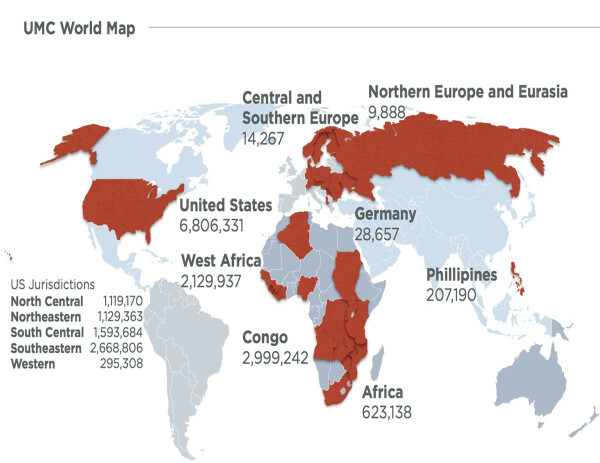
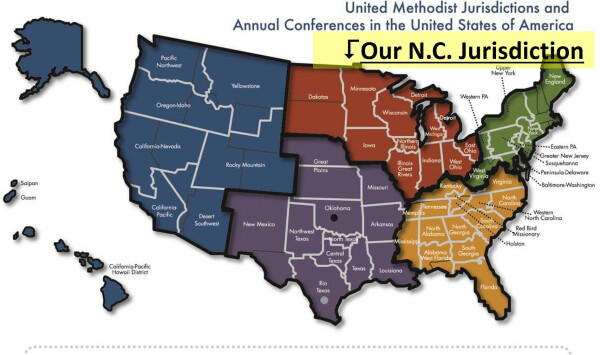
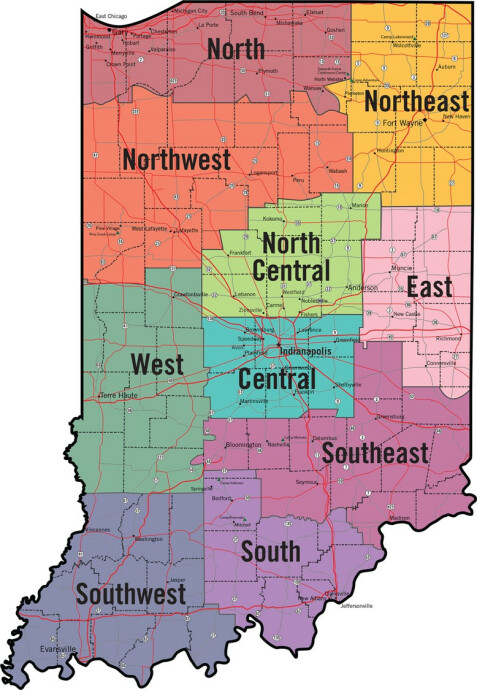
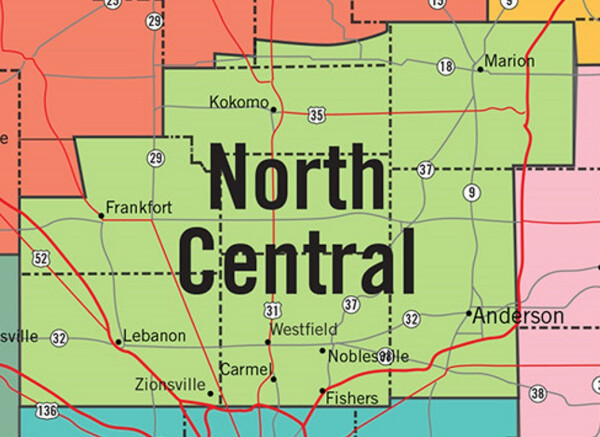
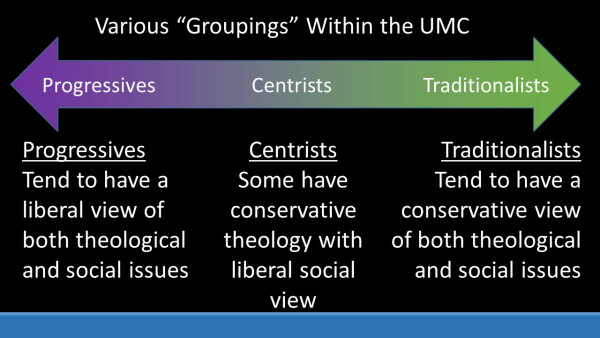
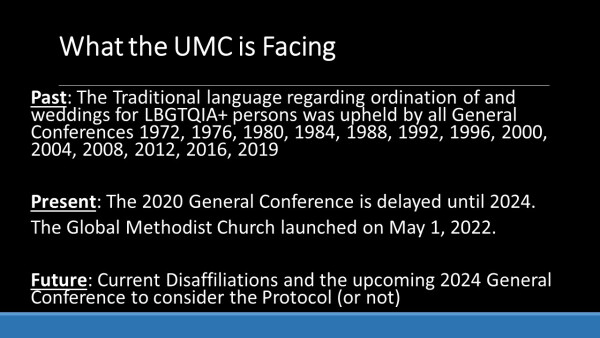
 The UMC (United Methodist Church) is separating into two denominations:
The UMC (United Methodist Church) is separating into two denominations: